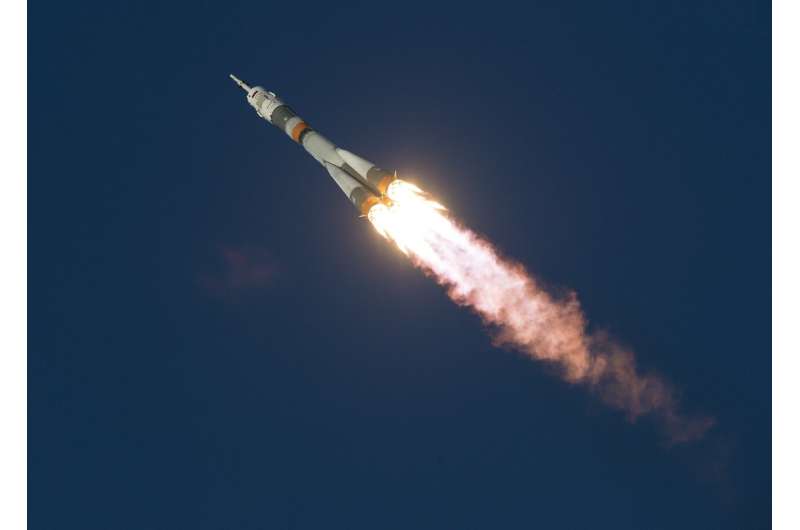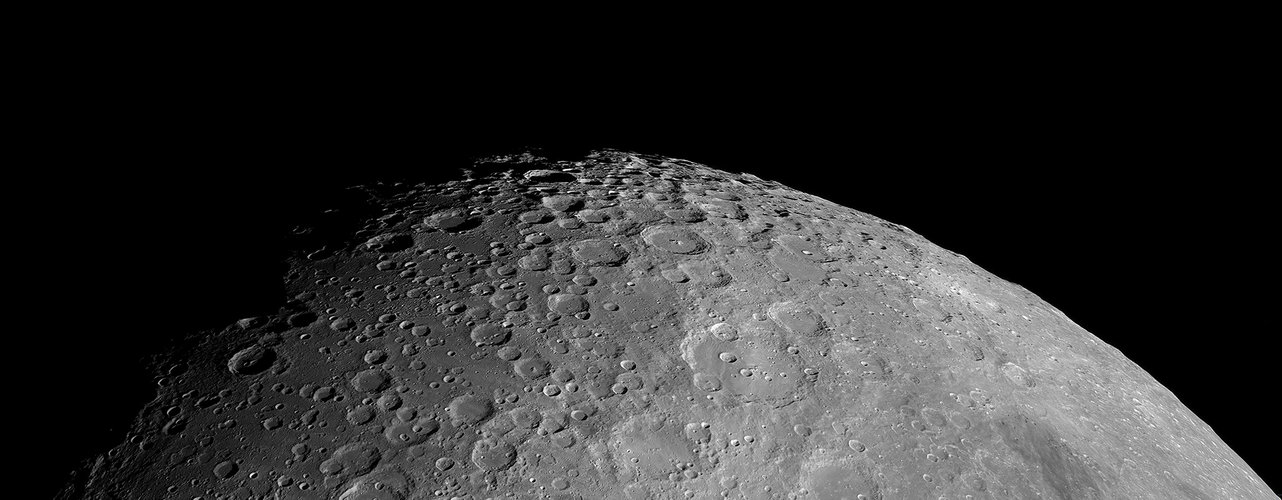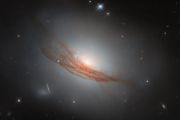
Copernical Team
Ethics rules needed for human research on commercial spaceflights, panel says

New guidelines are needed to assure that research on human subjects performed on commercial spaceflights is conducted ethically, a panel of experts say in a commentary appearing in the September 28 issue of the journal Science. Their paper is titled "Ethically cleared to launch?"
Private companies are expected to fly thousands of people into space in the coming decades. Those aboard will include workers and passengers who will have the opportunity to participate in research studies. Such research is not only essential to assure the safety of future space travelers but often also addresses critical issues of human health in general.
Buț current ethical rules used to govern research on human subjects do not directly address the unique circumstances of research aboard commercial spaceflights, according to a panel convened by Center for Medical Ethics and Health Policy, Baylor College of Medicine, Houston.
"There has been a long tradition of astronauts from NASA and other national space agencies of volunteering for research, and the agencies have established tradition on how this research is done," said Dr. Michael A.
To the Moon: ESA seeks ideas for small lunar missions

Are you interested in helping shape the future of space exploration? ESA is offering a unique opportunity to contribute to its lunar science and exploration strategy.
Material matters

The Biofilms study continues its cosmic quest to combat bacterial contamination. With three experiments aboard the International Space Station, it's on a mission to improve antimicrobial technology, benefitting astronauts and people on Earth alike.
The value of EO satellite data in tackling global threats
 The European Space Agency's (ESA) EO4MULTIHA (High-Impact Multi-Hazards Science) initiative, a two-year project taking place as part of the ESA-EC Earth System Science Initiative, held its kick-off meeting (KOM) on 13 September.
The data provided by Earth observation satellites provide key information that help us grasp our planet's complexities and monitor the environmental problems and t
The European Space Agency's (ESA) EO4MULTIHA (High-Impact Multi-Hazards Science) initiative, a two-year project taking place as part of the ESA-EC Earth System Science Initiative, held its kick-off meeting (KOM) on 13 September.
The data provided by Earth observation satellites provide key information that help us grasp our planet's complexities and monitor the environmental problems and t Extreme heat likely to wipe out humans and mammals in the distant future
 A new study shows unprecedented heat is likely to lead to the next mass extinction since the dinosaurs died out, eliminating nearly all mammals in some 250 million years time.
The research, published in Nature Geoscience and led by the University of Bristol, presents the first-ever supercomputer climate models of the distant future and demonstrates how climate extremes will dramatically in
A new study shows unprecedented heat is likely to lead to the next mass extinction since the dinosaurs died out, eliminating nearly all mammals in some 250 million years time.
The research, published in Nature Geoscience and led by the University of Bristol, presents the first-ever supercomputer climate models of the distant future and demonstrates how climate extremes will dramatically in Water-watching satellite monitors warming ocean off California coast
 Warm ocean waters from the developing El Nino are shifting north along coastlines in the eastern Pacific Ocean. Along the coast of California, these warm waters are interacting with a persistent marine heat wave that recently influenced the development of Hurricane Hilary. The Surface Water and Ocean Topography (SWOT) satellite is able to spot the movement of these warm ocean waters in unprecede
Warm ocean waters from the developing El Nino are shifting north along coastlines in the eastern Pacific Ocean. Along the coast of California, these warm waters are interacting with a persistent marine heat wave that recently influenced the development of Hurricane Hilary. The Surface Water and Ocean Topography (SWOT) satellite is able to spot the movement of these warm ocean waters in unprecede Earth's crust, tectonic plates gradually formed, geoscientists find
 The Earth's crust continued a slow process of reworking for billions of years, rather than rapidly slowing its growth some 3 billion years ago, according to a Penn State-led research team. The new finding contradicts existing theories that suggest the rapid formation of tectonic plates earlier in Earth's history, researchers said.
The work may help answer a fundamental question about our p
The Earth's crust continued a slow process of reworking for billions of years, rather than rapidly slowing its growth some 3 billion years ago, according to a Penn State-led research team. The new finding contradicts existing theories that suggest the rapid formation of tectonic plates earlier in Earth's history, researchers said.
The work may help answer a fundamental question about our p Exploring the existence of life at higher temps
 There are an estimated 8.7 million eukaryotic species on the planet. These are organisms whose cells contain a nucleus and other membrane-bound organelles. Although eukaryotes include the familiar animals and plants, these only represent two of the more than six major groups of eukaryotes.
The bulk of eukaryotic diversity comprises single-cell eukaryotic microorganisms, known as protists.
There are an estimated 8.7 million eukaryotic species on the planet. These are organisms whose cells contain a nucleus and other membrane-bound organelles. Although eukaryotes include the familiar animals and plants, these only represent two of the more than six major groups of eukaryotes.
The bulk of eukaryotic diversity comprises single-cell eukaryotic microorganisms, known as protists. Phoenix assists ULA national security payload launch
 Phoenix LLC, an industry leader in neutron imaging, recently played a vital role in ensuring the safety of the successful launch of United Launch Alliance's Delta IV Heavy rocket, which was carrying a high-priority, multi-billion-dollar national security payload for the National Reconnaissance Office. The rocket and its payload, launched to deliver critical intelligence information from space in
Phoenix LLC, an industry leader in neutron imaging, recently played a vital role in ensuring the safety of the successful launch of United Launch Alliance's Delta IV Heavy rocket, which was carrying a high-priority, multi-billion-dollar national security payload for the National Reconnaissance Office. The rocket and its payload, launched to deliver critical intelligence information from space in Government and industry collaboration leads to first air taxi delivery
 A new air taxi from the manufacturer Joby Aviation will allow NASA to evaluate how this kind of vehicle could be integrated into our skies for everyday use, while the Air Force researches its potential military use.
On Sept. 25, Joby announced the delivery of one of their air taxis - an electric vertical takeoff and landing (eVTOL) aircraft - through a funded contract with their customer,
A new air taxi from the manufacturer Joby Aviation will allow NASA to evaluate how this kind of vehicle could be integrated into our skies for everyday use, while the Air Force researches its potential military use.
On Sept. 25, Joby announced the delivery of one of their air taxis - an electric vertical takeoff and landing (eVTOL) aircraft - through a funded contract with their customer, 































